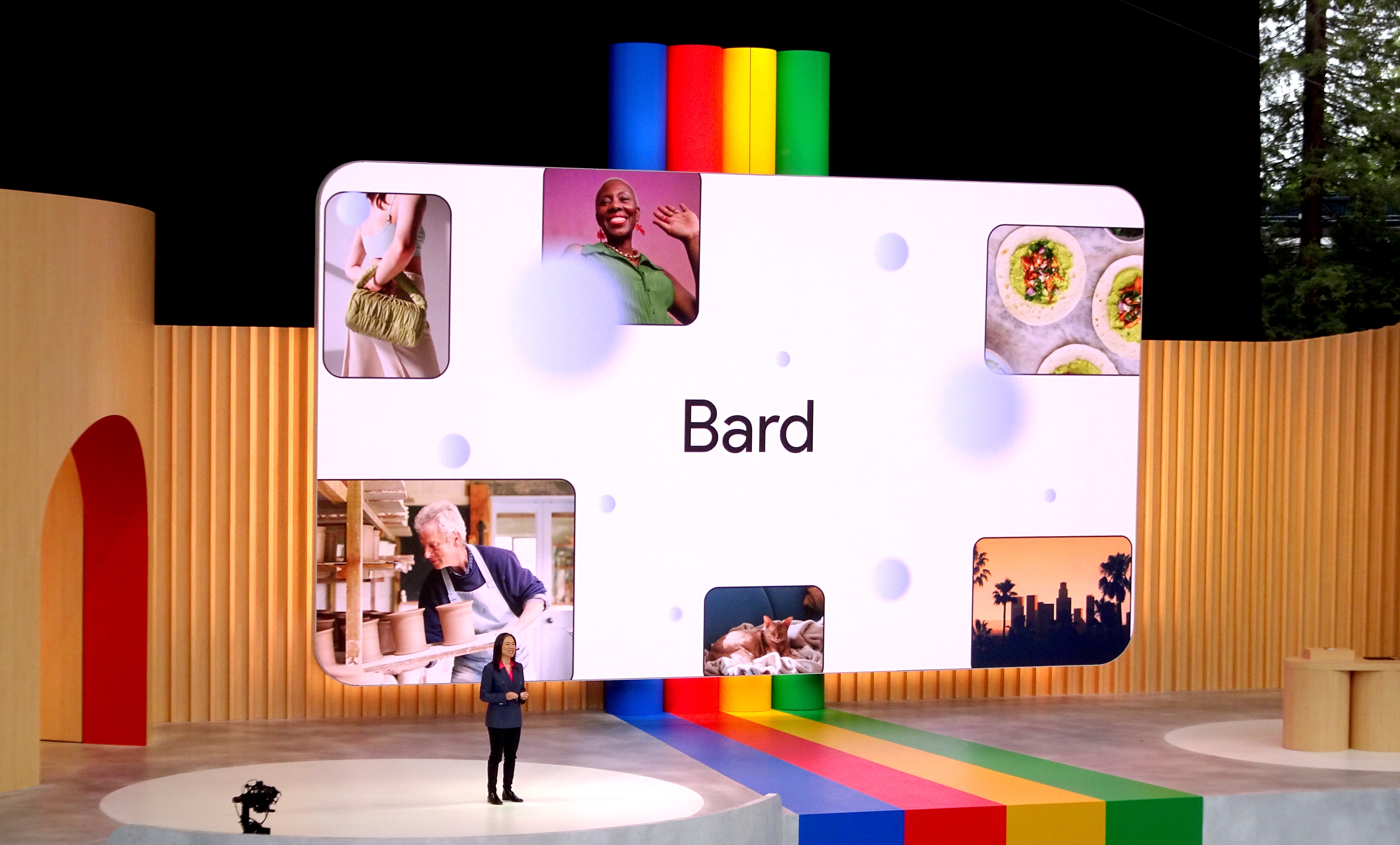 AI
AI
 AI
AI
 AI
AI
Google LLC today announced a significant update to its generative artificial intelligence chatbot Bard that should make it better at both logic and reasoning.
In a blog post, Google Bard Product Lead Jack Krawczyk and Engineering Vice President Amarnag Subramanya said the updates should result in some notable improvements in the way Bard handles mathematical problems, coding questions and string manipulation.
Google Bard is the company’s answer to OpenAI LP’s ChatGPT. It’s powered by a large language model known as LaMDA that Google debuted in 2021. LaMDA, in turn, is based on a neural network design known as a Transformer architecture. Neural networks based on the architecture can take the context of a word or sentence into account when attempting to determine its meaning, which makes them more accurate than earlier AI models.
Bard debuted in February and Google has since announced a constant stream of updates. In March, Google said it had made Bard better at answering math and logic prompts, and promised that it was working on generating higher-quality responses in this area. Google has since created a new structured and logic-driven system for Bard that allows it to recognize “computational prompts” better, Krawczyk and Subramanya said.
A new technique called “implicit code execution” helps Bard detect computational prompts and run code in the background,” they wrote. “As a result, it can respond more accurately to mathematical tasks, coding questions and string manipulation prompts.” As a result, they said, Bard will get better at answering prompts such as:
What are the prime factors of 15683615?
Calculate the growth rate of my savings.
Reverse the word “Lollipop” for me.
Krawczyk and Subramanya said LLMs can be thought of as prediction engines that generate their responses to a prompt by predicting what words are most likely to come next. That makes them very good at language and creative tasks, but less impressive in areas such as reasoning and math, they explained. So LLM output alone isn’t enough for Bard to solve more complex problems that require advanced reasoning and logic.
Bard’s new method involves generating and executing code to boost its reasoning and logic skills. Google claims the new system can improve Bard’s accuracy in responding to computation-based word and math problems by about 30% when compared with the original, LLM-based Bard. Even so, Google warns that Bard may not always get it right, because it might misunderstand and fail to generate code to aid its response, or the code it generates may be wrong.
In addition to its improved reasoning and logic, Bard has also been given a new function that enables the data it produces to be edited and manipulated in Sheets, Google’s cloud-based version of Excel. Admittedly, it’s a fairly minor update, but it’s one that may be useful for people who spend lots of time building and updating spreadsheets.
THANK YOU